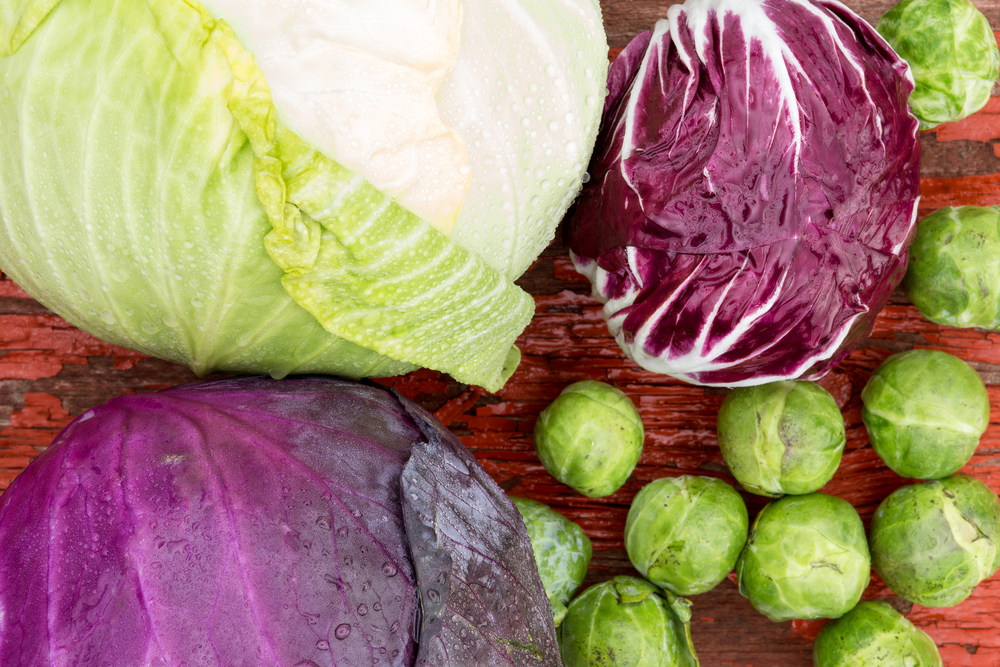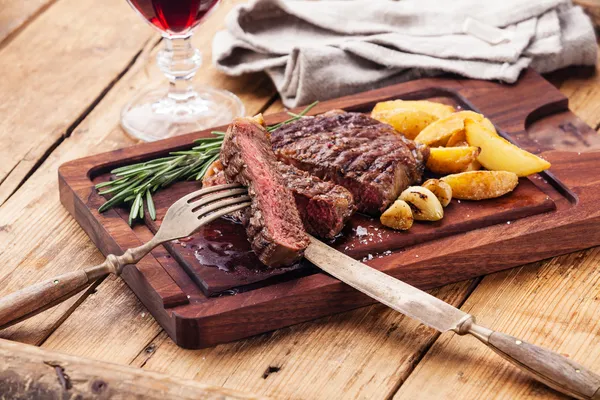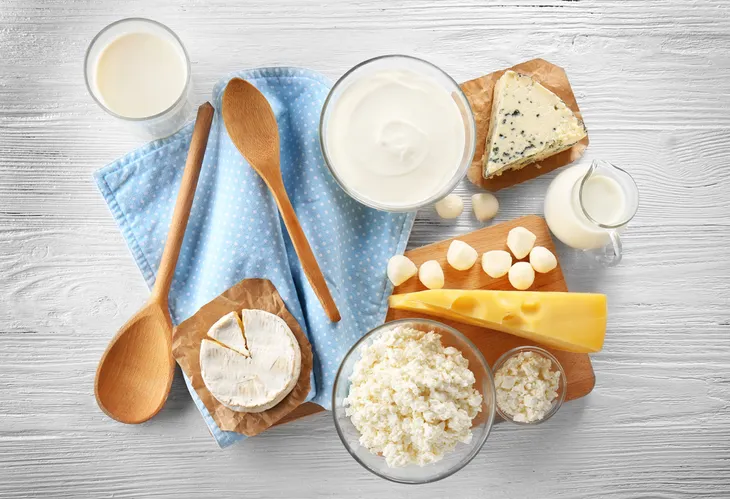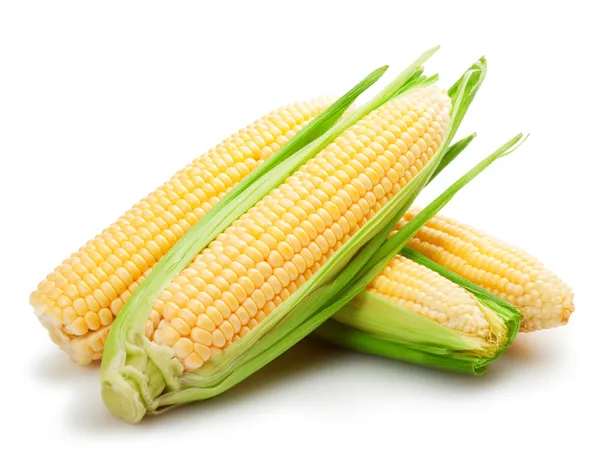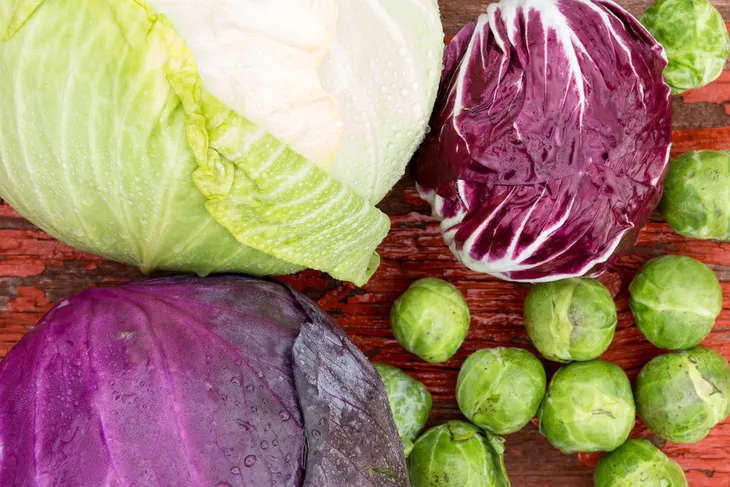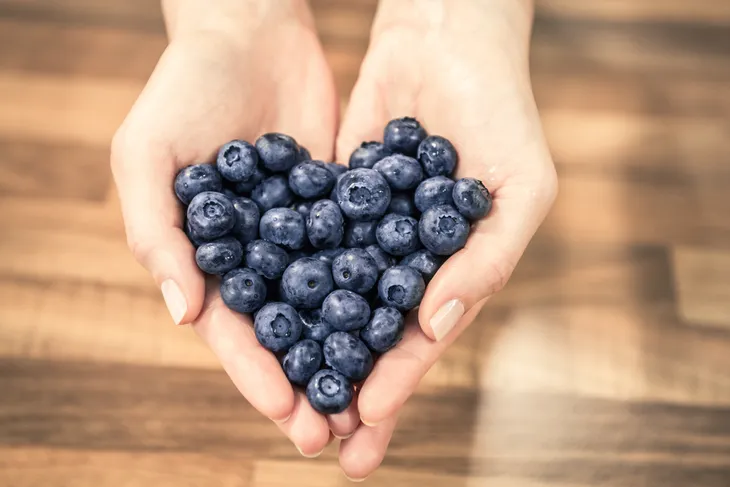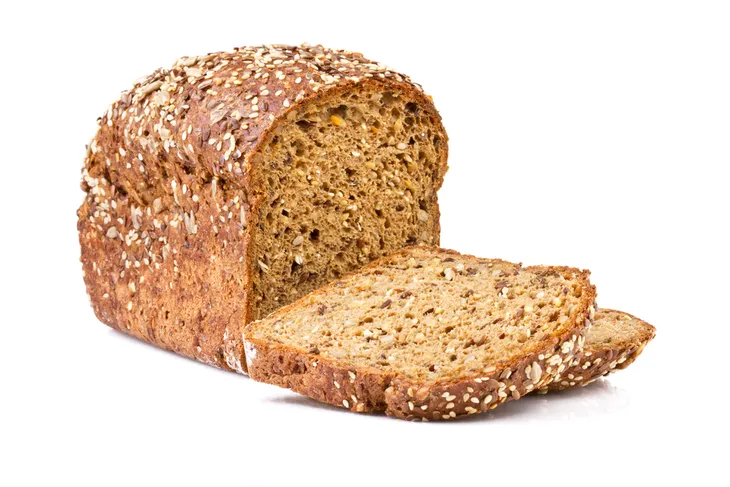Indigestion can be a sign of a chronic problem, or it can be an occasional thing based on the foods you’ve had for lunch or dinner, notes QualityHealth.com. The simple truth is that certain foods can tax your digestive system more than others, leading to feelings of bloating, pain or excessive gas.
Unfortunately, these foods also have health benefits (proteins and vitamins), so it doesn’t mean you need to eliminate them (unless advised by a doctor or dietitian). You can slow down your eating, try smaller portions, or even cut these foods into smaller pieces to help process them more easily. Here are six food types that can be particularly tough on your digestive system…
Red Meat
QualityHealth explains that humans actually have an easier time digesting meat proteins than vegetable proteins, but the trouble is that “meat often stays in the stomach longer,” which can slow down the digestion of other foods.
When you have food sitting in your stomach longer, you’re more likely to feel bloated or become gaseous, adds the source. Fatty meats are often more difficult to digest than lean meats, and overcooking red meats can also lengthen the digestion process, it adds. Try grinding up the meat or eating smaller pieces, it suggests.
Dairy
Lactose found in milk and cheese can be hard on some digestive systems – while some people are outright lactose intolerant, and their bodies will scream at them if they try to consume these types of products.
EveryDay Health notes this is a food group that should be avoided if you’re already experiencing digestive issues. “If you consume too much lactose, it goes into the large intestine, and diarrhea can develop or worsen,” it explains.
Corn
Manhattan Gastroenterology explains “too much of anything is bad for digestion,” but corn can fall into the list of things that aren’t friendly to your digestive health. Sure, it’s delicious and generally not bad you, but it contains high levels of cellulose, a fiber that the stomach has trouble breaking down, explains the source.
Corn actually passes through your system undigested, and it can result in painful cramping and gas in the process, it adds. Other sources suggest trying creamed corn as an alternative, as the process helps break down the tough exterior.
Cruciferous Vegetables
Veggies that fall into this category include broccoli, Brussels sprouts, cabbage, and cauliflower, explains QualityHealth. These are all loaded with vitamins and minerals, as well as antioxidants, which have been shown to reduce free radicals and lessen risk of certain cancers.
However, these types of veggies also contain an “indigestible sugar” called raffinose, “which can ultimately cause gas buildup in the colon that leads to uncomfortable bloating.” Adding prebiotics and probiotic foods (including yogurt) to your diet can lessen the number of “gas-forming bacteria” in the colon that can cause bloating, it adds.
Berries
We think of berries of all types as good for us, which is generally true. However, ones that contain many tiny seeds can be a problem for those with pre-existing digestive issues including diverticulitis, explains Health.com.
With this particular health condition, pockets form in the intestinal tract that can become inflamed or even infected, says the source. The theory is that seeds can obstruct the pockets and increase risk of infection (although the source points out this has never been proven a study). It notes to monitor how you feel after eating berries with lots of seeds (such as strawberries), and even sunflower and pumpkin seeds. Meanwhile, other sources note that citrus fruits and even apples can be tough on digestive processes because of their soluble fiber content. The small intestine doesn’t actually have the enzymes to break down this type of fiber.
Whole Grains
There are a lot of articles touting the benefits of a whole grain diet over a refined flour diet, as it retains more nutrients. However, while refined grains can spike your blood sugar, they’re also easy for your body to digest, notes Healthline. “That means that whole-grain breads, rolls, and bagels are not necessarily good choices,” it explains.
Even whole grain pasta, granola and brown rice may be tough on your digestive system too, it adds. As an added warning, the source says to avoid grain products that contain raisins, nuts and seeds. It even goes as far as to suggest you should ditch cereals that contain bran. However, talk to a dietitian before switching back to refined wheat products.
